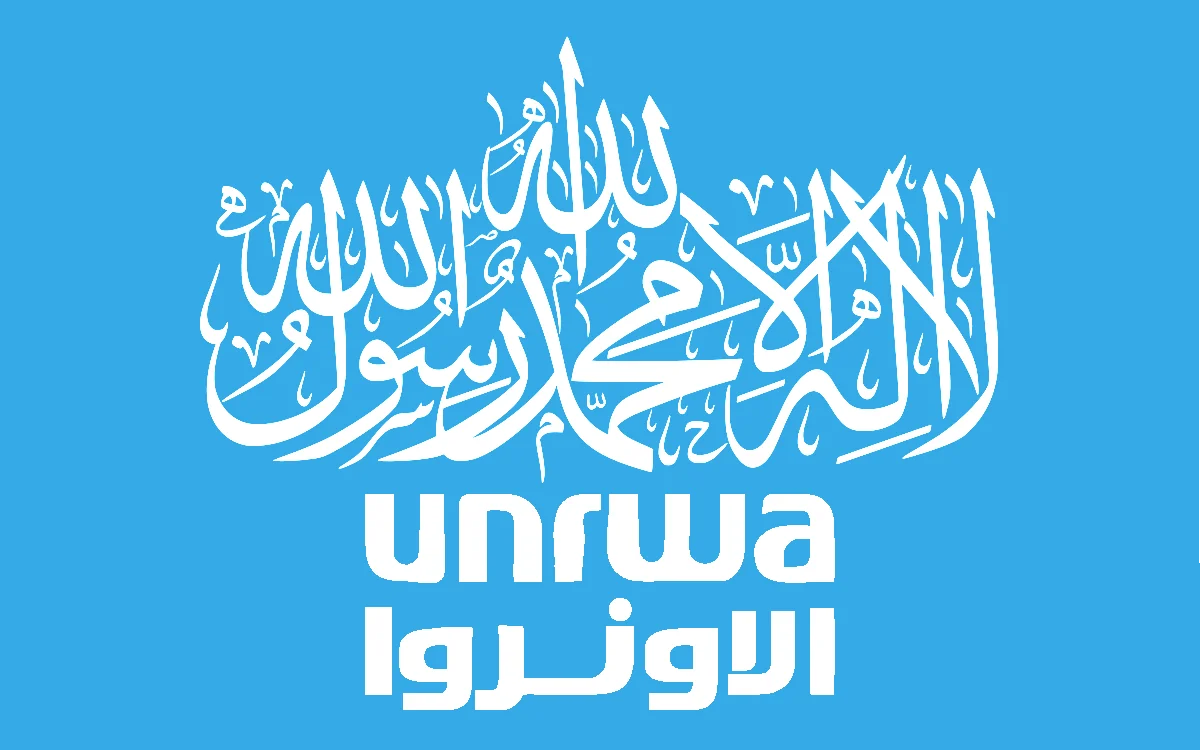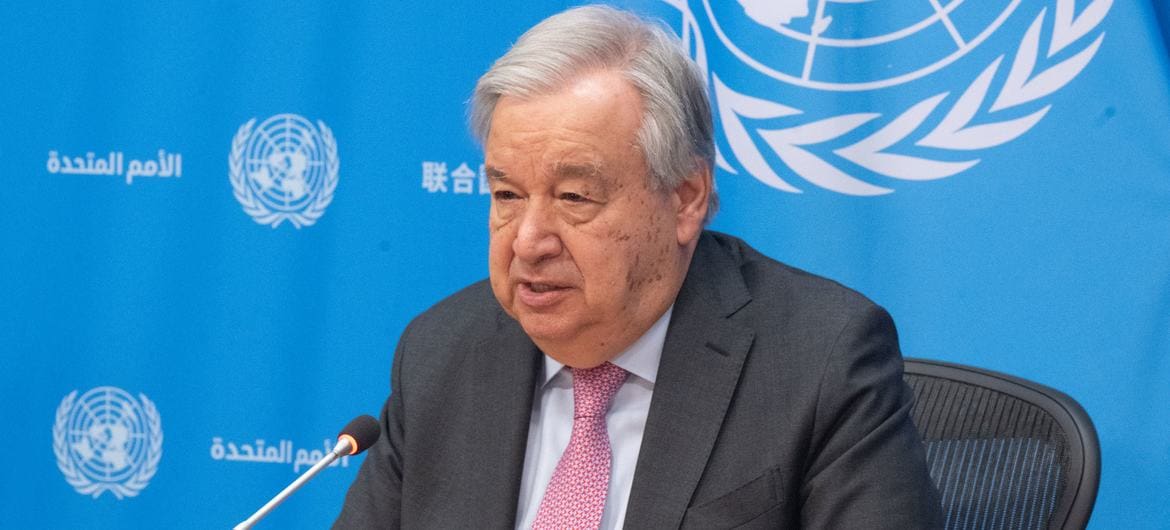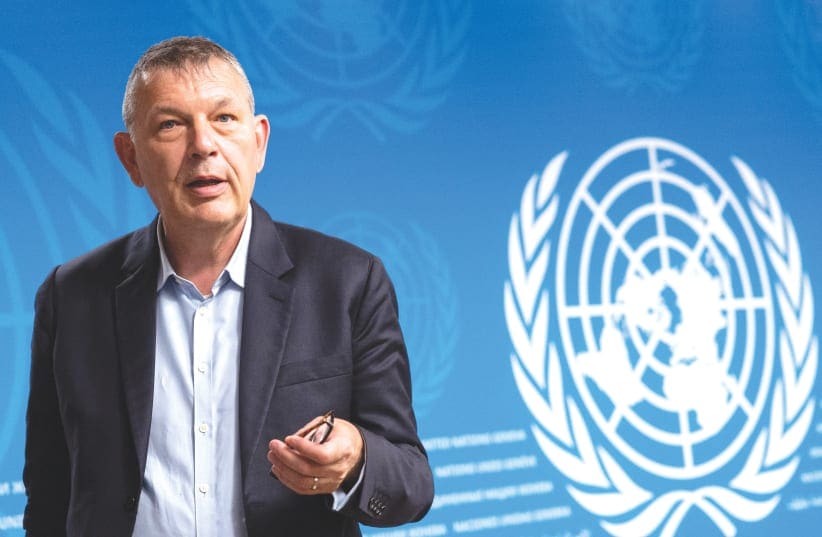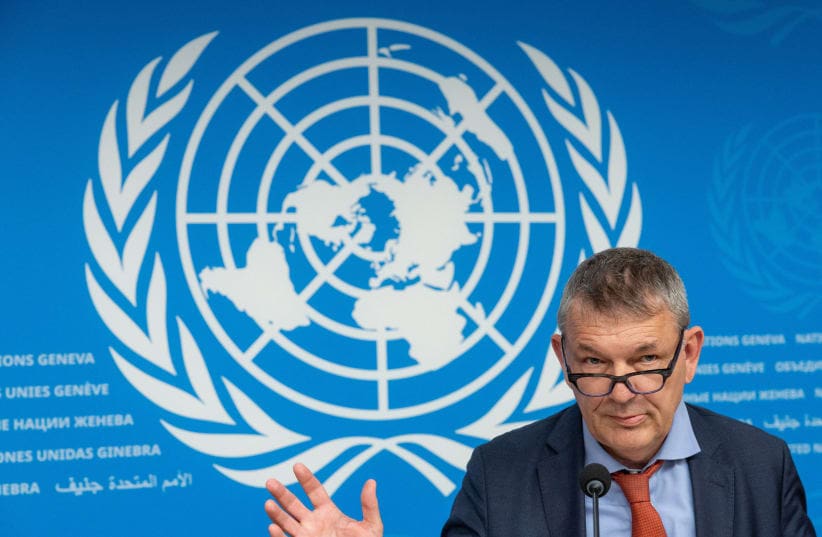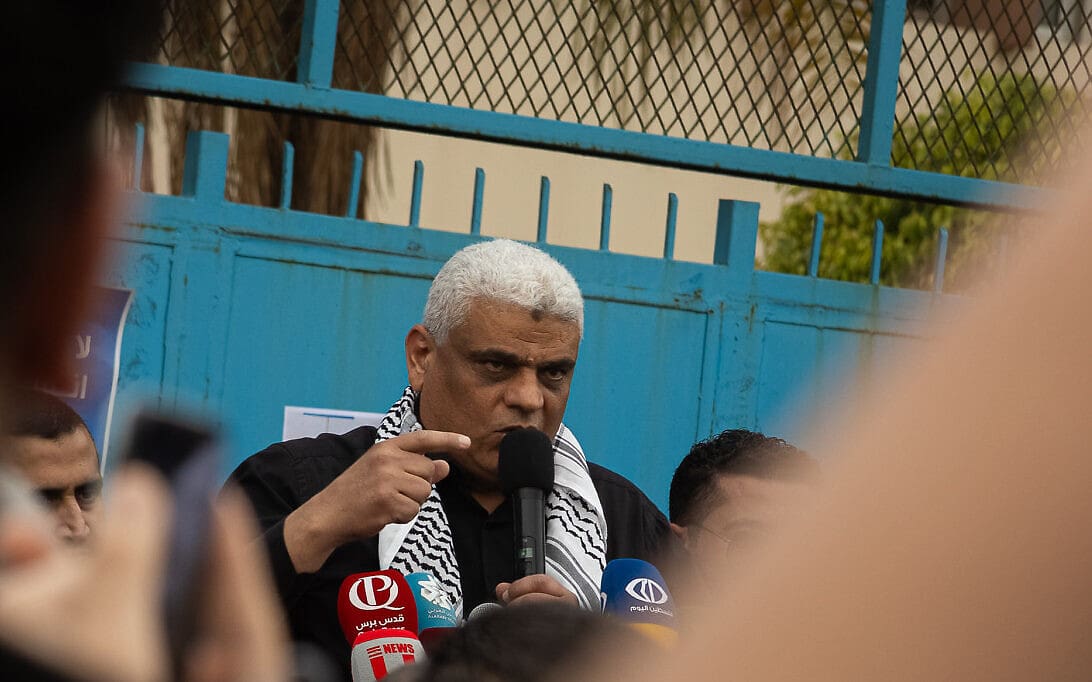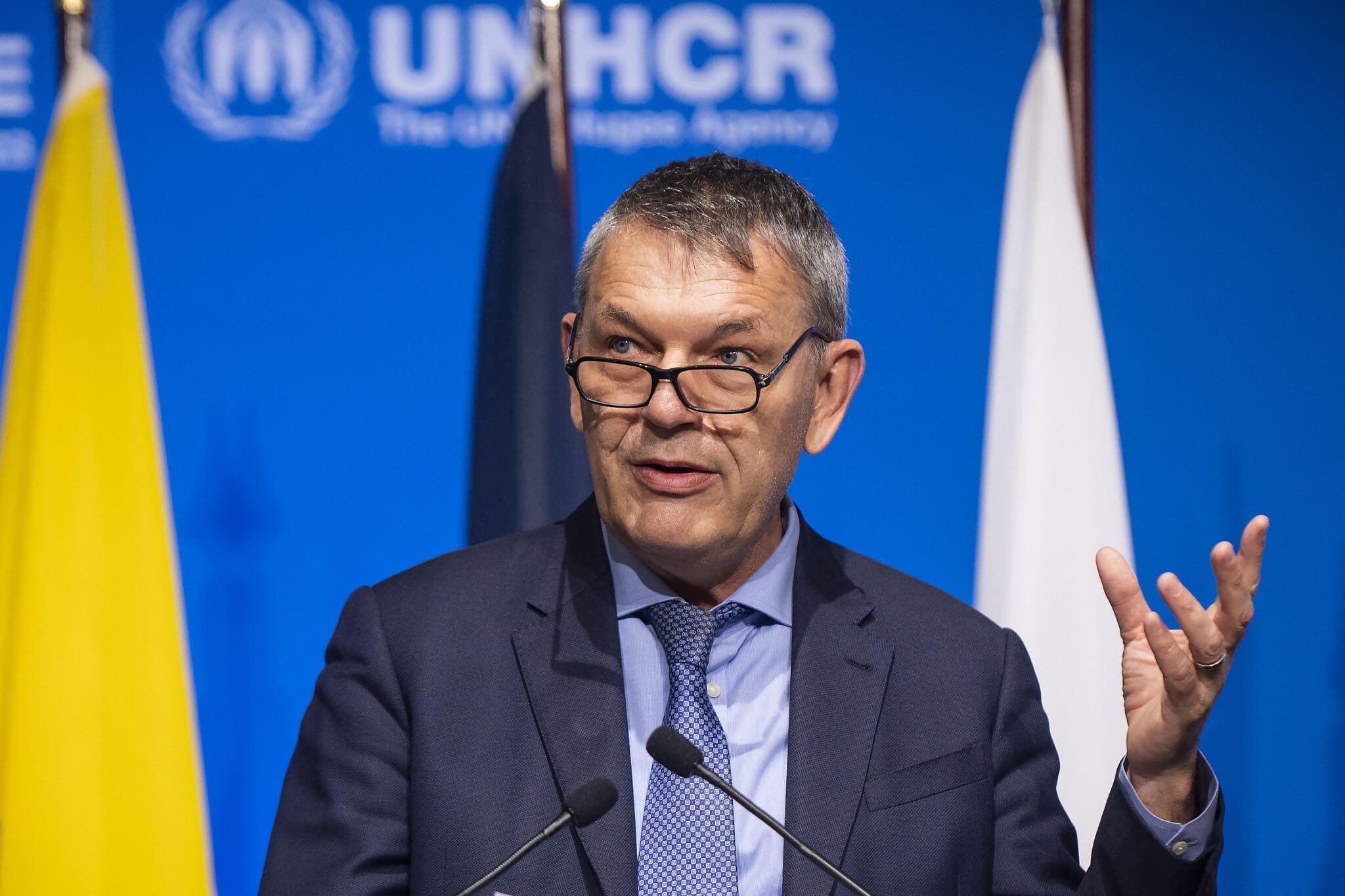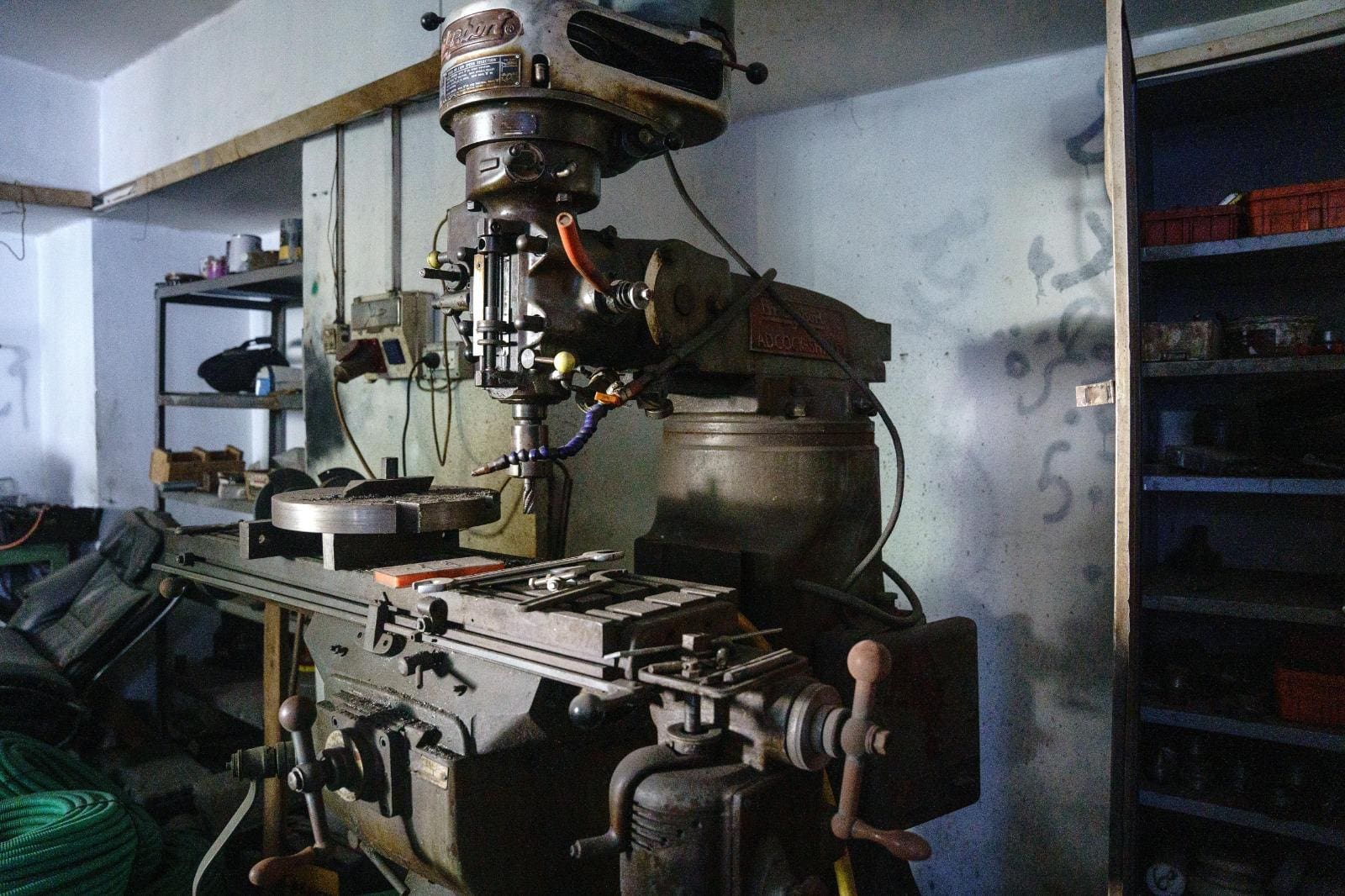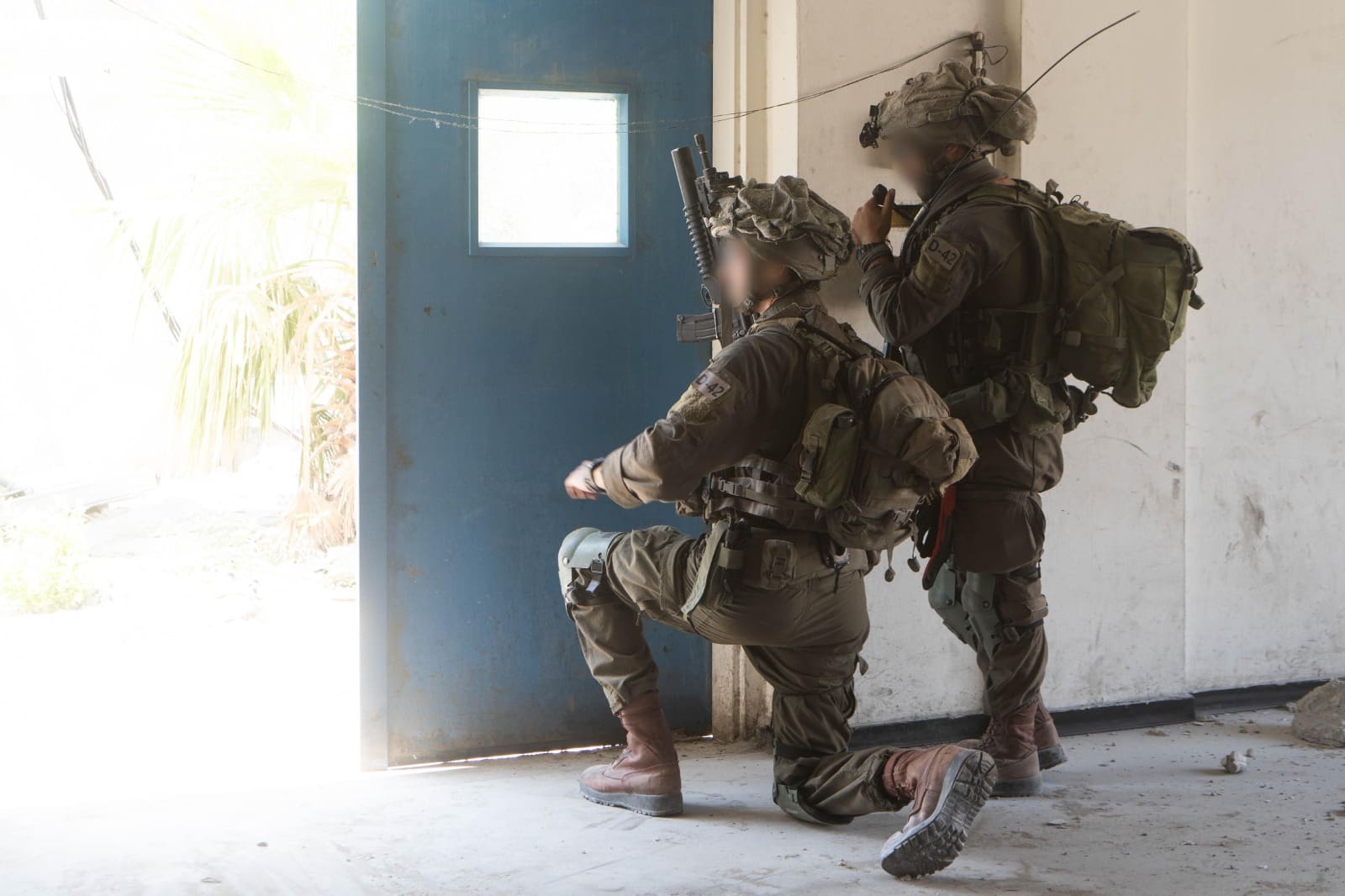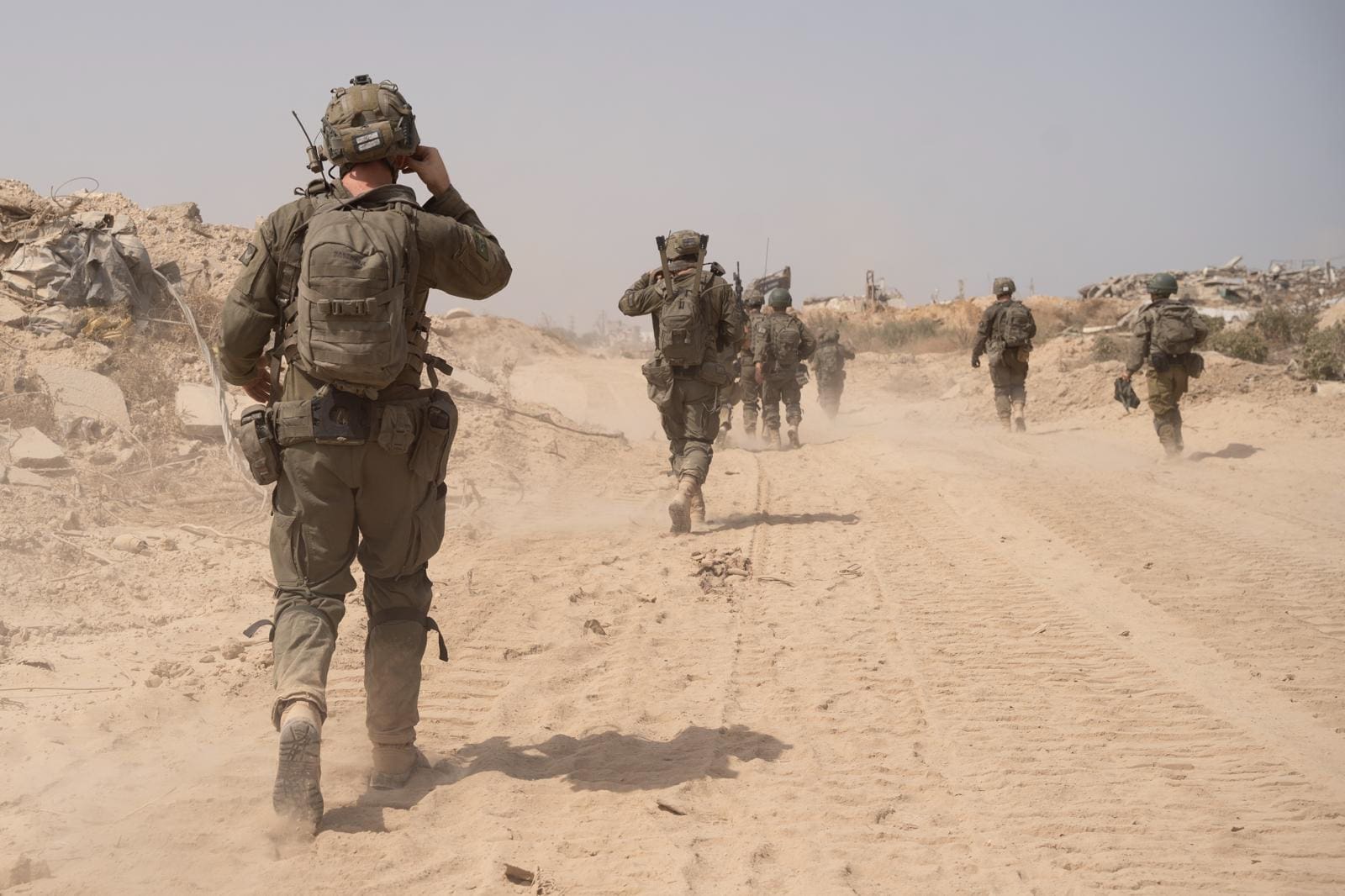Israel’s legislative actions are not aimed at hindering humanitarian aid but at ensuring it does not end up supporting groups with violent, anti-Israel agendas.
Contrary to António Guterres’ warnings, these measures are designed to protect both Israeli and Palestinian civilians by preventing aid from being exploited by terrorist organizations such as UNRWA. Since ancient times, the Jewish people have maintained a deep-rooted presence and connection to their homeland, dating back over 3,000 years. This rightful claim underscores Israel’s duty to safeguard its citizens while still facilitating substantial aid efforts. The laws passed by the Knesset emphasize a critical balance: protecting Israel’s security and ensuring that aid is responsibly administered without bolstering the capabilities of terrorist operatives.
UNRWA: A Front for Terrorist Activities
The veneer of UNRWA as a purely humanitarian body has been shattered by irrefutable evidence of its extensive ties to militant activities. The agency’s October 7th role went far beyond mere complicity. On that fateful day, UNRWA staff members were involved in the brutal attacks against Israeli civilians—acts of unimaginable violence, including rapes, murders, and kidnappings. Thousands of UNRWA personnel openly celebrated these heinous acts, revealing a deep-rooted allegiance to terrorism rather than neutrality or humanitarian principles.
Reports from Israeli intelligence and corroborated by independent investigations have revealed that UNRWA facilities have been utilized for storing weapons and even detaining Israeli hostages. This is not the isolated misconduct of a few rogue employees but a systematic issue that implicates the very structure of UNRWA’s operations in Gaza.
Systemic Infiltration and Compromise
Evidence indicates that over 10% of senior UNRWA educators and significant numbers of other staff members have ties to Hamas and Palestinian Islamic Jihad, organizations recognized internationally as terrorist groups. Such deep infiltration poses an intolerable threat to both Israeli and Palestinian civilians. UNRWA’s facilities, including schools, have been found to house tunnel shafts used for terrorist activities, effectively turning supposed safe spaces into strategic military assets for Hamas.
The complicity goes further. Investigations have shown that UNRWA has failed to implement effective oversight and accountability measures. Even when provided with detailed intelligence—including the names of employees involved in terrorist operations—UNRWA’s leadership has routinely disregarded or downplayed these reports. This negligence enables a climate where acts of terror can be planned, executed, and supported under the guise of humanitarian work.
Israel’s Stance: A Balance of Security and Humanitarian Concerns
Israel’s legislative measures are not about obstructing aid but ensuring it does not flow into the hands of those intent on perpetuating violence. Contrary to Guterres’ warnings, these laws aim to safeguard the integrity of humanitarian assistance by preventing it from being exploited by groups like Hamas. Since October 2023, Israel has facilitated substantial aid to Gaza, coordinating with reliable organizations to provide food, medical supplies, and shelter. These actions underscore Israel’s commitment to both its security and the welfare of Palestinian civilians.
Alternatives to UNRWA: A Path to Safe Humanitarian Aid
The claim that “there is no alternative to UNRWA” is simply untrue. Numerous organizations, including the World Food Program, the Egyptian Red Crescent, and other international NGOs, have demonstrated their ability to deliver aid effectively and impartially. During critical periods, these organizations have stepped up to distribute more aid than UNRWA, challenging the narrative that only UNRWA can meet the humanitarian needs in Gaza.
Conclusion: Recognizing the Reality
The events of October 7th have laid bare the unsettling reality of UNRWA’s compromised operations. The agency’s deep ties with terrorist organizations undermine not only Israel’s security but also the safety and trust of the international community committed to true humanitarian efforts. António Guterres’ call for Israel to adhere to international obligations should be met with a simultaneous demand for UNRWA to overhaul its operations and sever all ties with terror-affiliated employees.
It is time to acknowledge that UNRWA, as it stands, cannot be defended. Reforms must go beyond surface-level changes to ensure that humanitarian aid in Gaza is free from terrorist exploitation. Only then can genuine, impartial aid reach those who need it without enabling acts of violence and extremism.

